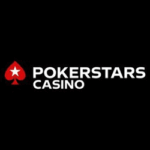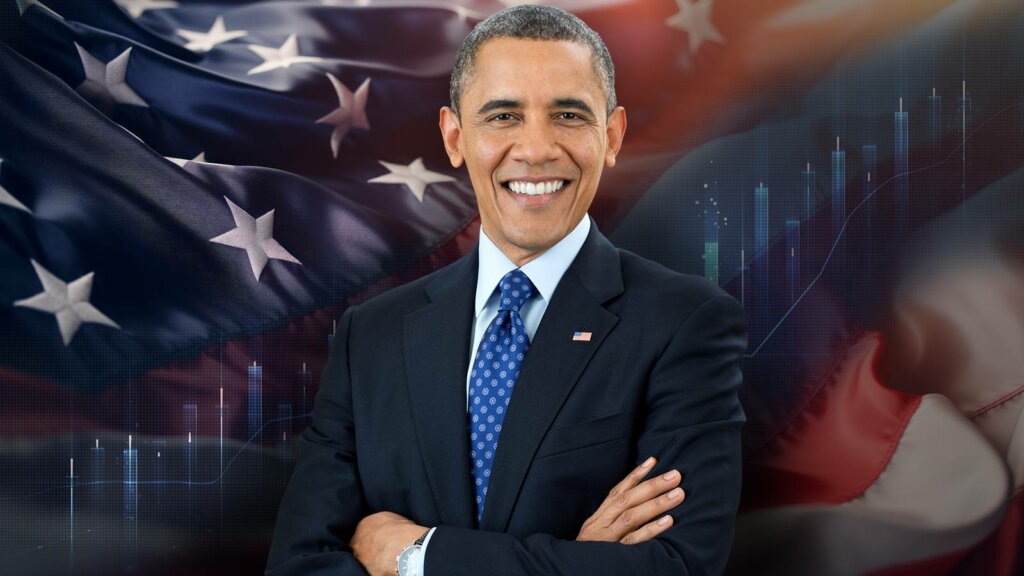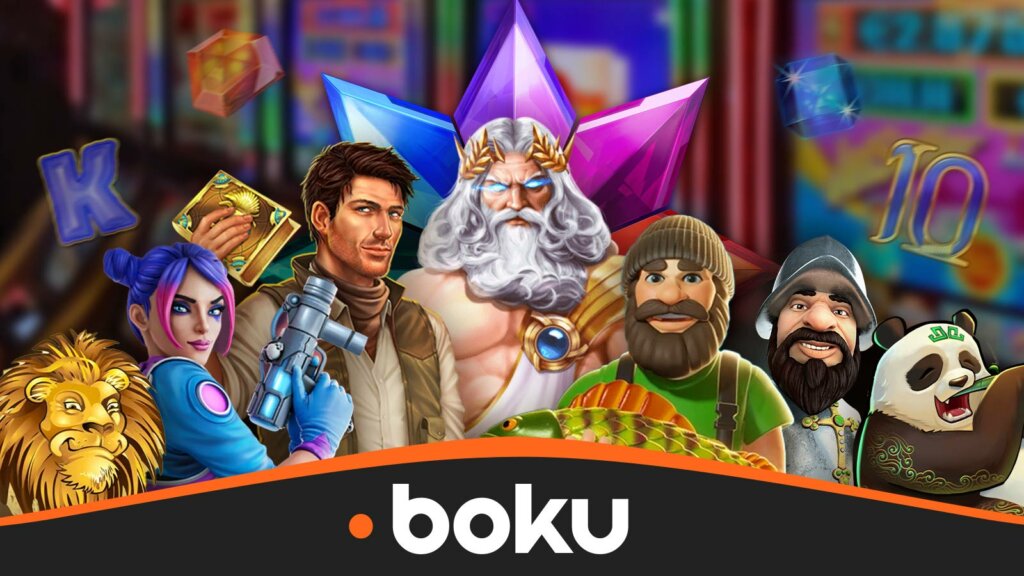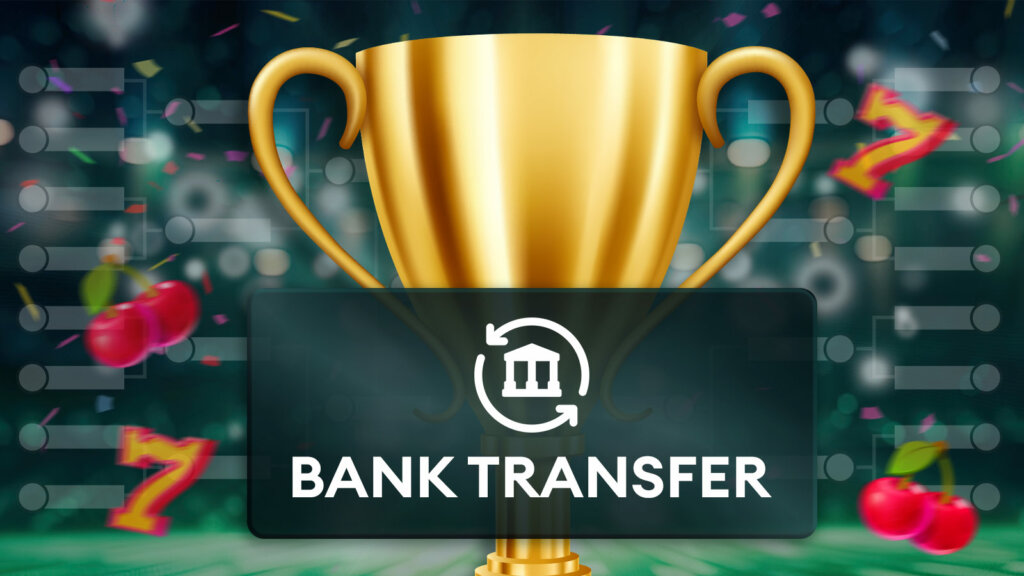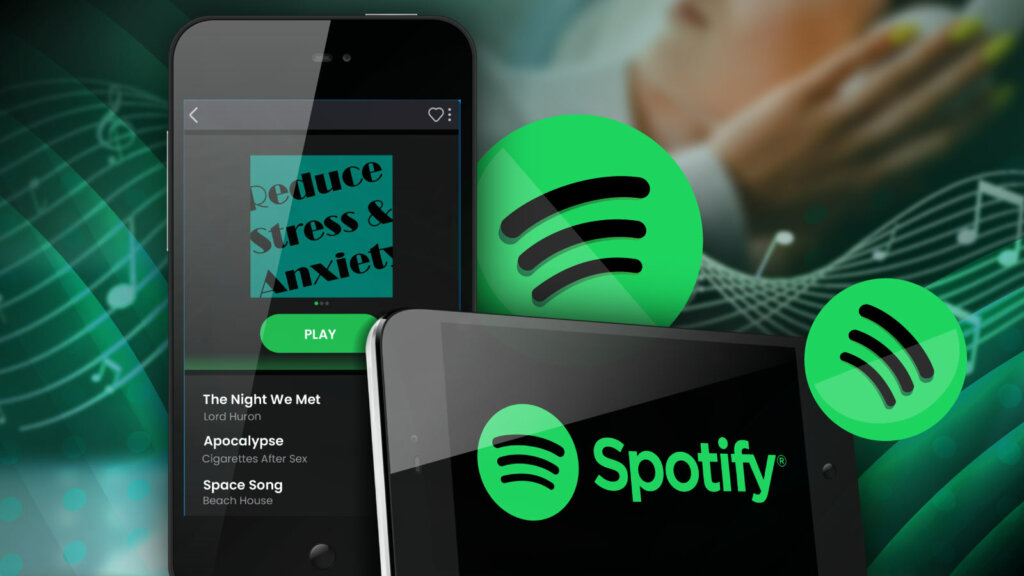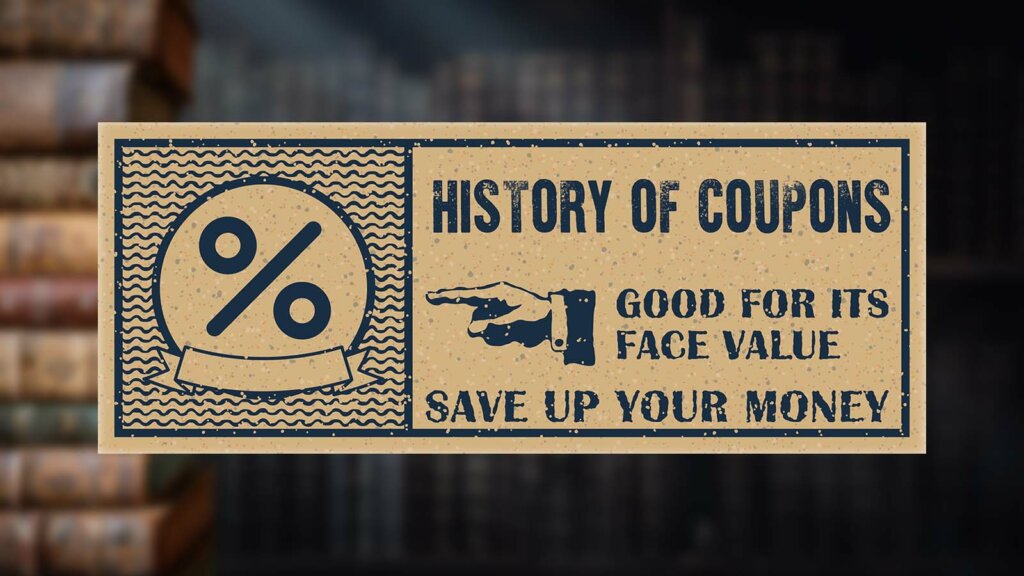
The History of Coupons And Their Tie with Online Gambling
In today’s article, we will explore the main stages in the history of coupons and explore how they were adapted to the gambling world.
- Cracking the code: Understanding coupons and how they save you money
- Clipping and saving: How coupons work to slash price
- Couponomics: Exploring the business benefits of discounts
- Coupons and promo codes in the casino
- Coupon wisdom: Essential takeaways for savvy shoppers
Cracking the code: Understanding coupons and how they save you money
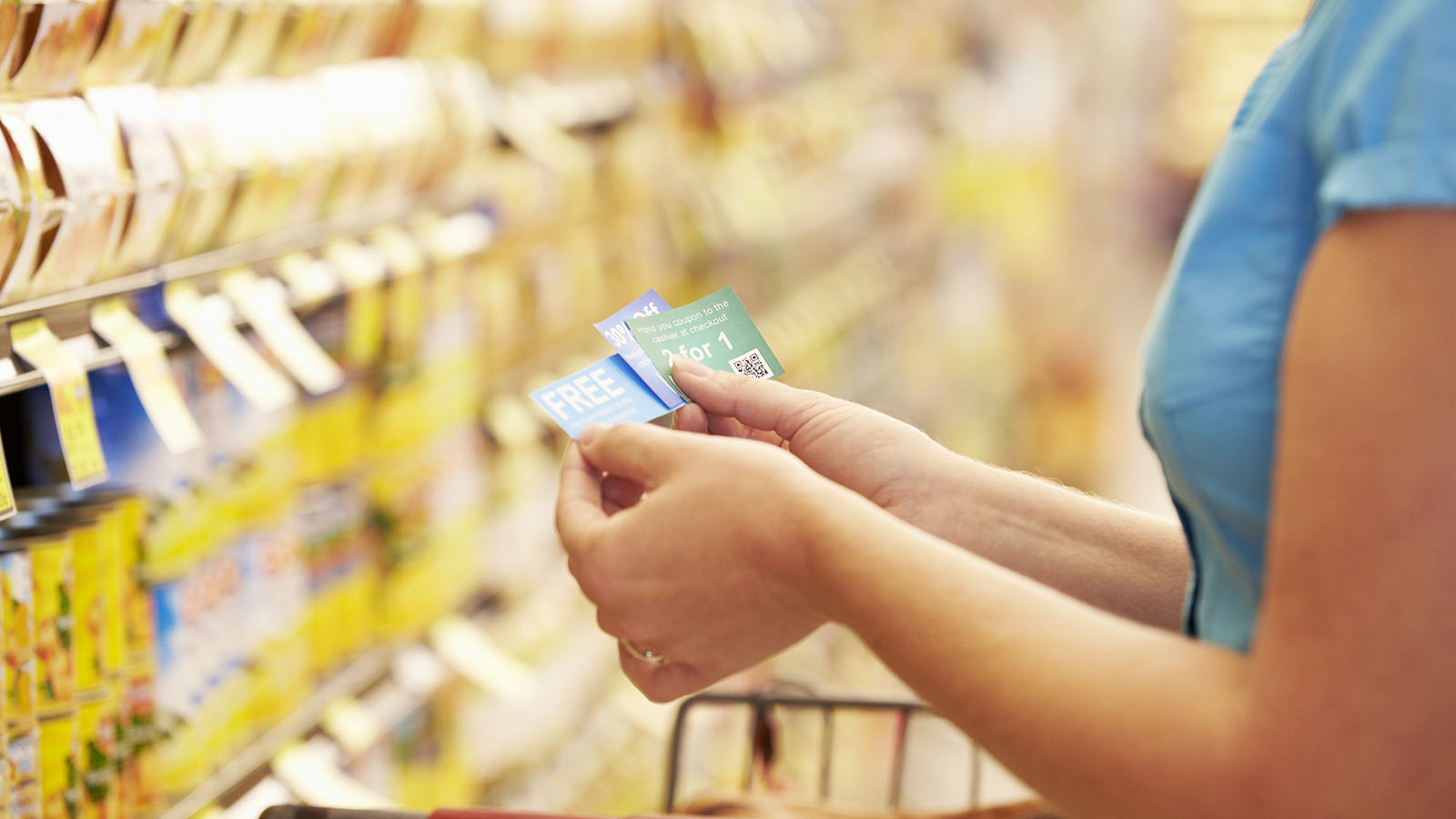
Coupons are vouchers customers may redeem to claim a discount or access a particular benefit. They may come in printed form or as online promo codes. Their essential purpose is to cement the brand image and promote customer loyalty.
Coupons’ timeline
- 1887: Coca Cola invented the coupon in 1887 through one of its co-owners, Asa Candler. The hand-written paper coupon was worth 5 cents and entitled customers to one free Coke. Coca Cola’s innovative strategy was a real success. Until 1913, they gave out approximately 8.5 million drinks and thus spread in every state of the US.
- 1909: CW Post issued 1 cent coupons to sell Grape-Nuts breakfast cereal.
- 1930s: During the Great Depression, because of the widespread economic hardship, coupons grew a lot in popularity.
- 1957: The demand for coupons continued to grow, leading to the establishment of the Nielsen Coupon Clearing House.
- 1980s: Coupons spread in almost every industry, including the gambling world. Instead of one-time discounts, customer loyalty cards were developed for high rollers in land-based casinos.
- 2000s: Coupons are adapted to the online gambling world and lead to an exponential growth of the industry.
- 2010: ‘Extreme couponing’ becomes a trend
Clipping and saving: How coupons work to slash price
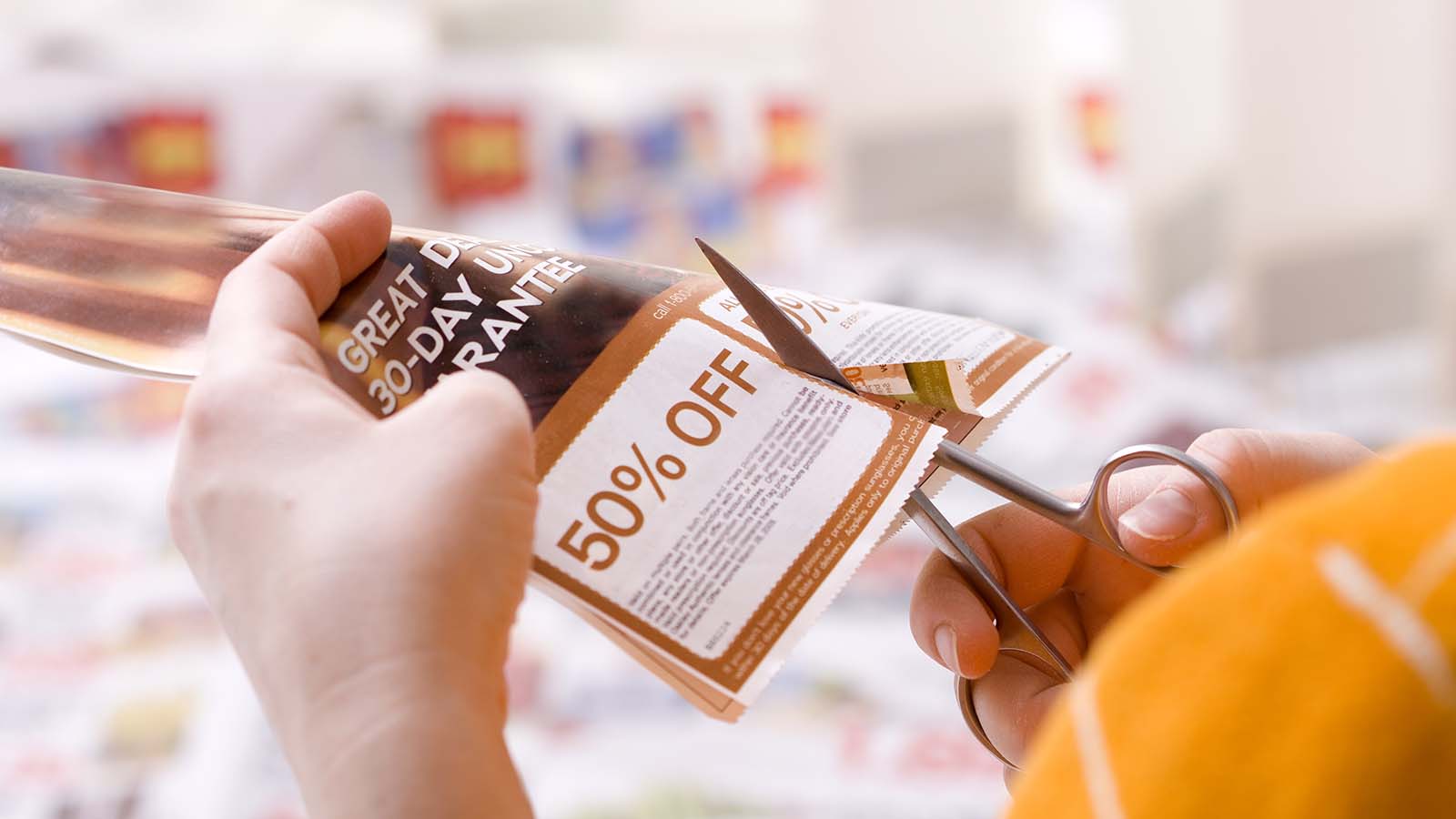
Coupons, vouchers, promo codes and any related discount have a powerful effect on our psychological state. They make us happier, more relaxed and give us the feeling that we’re saving money. Still, with all the perceived positive effects on our well-being, coupons are a form of advertisement, so their fundamental role is binding us to a particular brand.
Coupons generate happiness
A team led by Dr. Zak from Claremont University conducted the first scientifical study on coupons, called ‘Your Brain on Coupons: Neurophysiology of Couponing’.
The experiment went like this
Participants were asked to do some grocery shopping; some received $10 discount coupons, while others didn’t.
Measurements reveal that people who were given coupons had significantly better experiences. Coupons raised their oxytocin levels to 38% and notably decreased stress-associated symptoms like palm sweating, heart rate and respiration rate.
At the end of the experiment, participants were asked to rate how happy they were on a 1-10 scale, and those who received coupons were 11% happier than those who didn’t.
Coupons make customers feel smarter
People love value.
80% of customers believe that using coupons makes them smarter since they perceive discounts as a way to save money, as proven by an Inmar survey.
Still, there’s a catch. Because the company helped them save money, the customer becomes indebted subconsciously to return the favour. Thus, even if a coupon saved them a few dollars now, they’ll return these dollars in the form of repeat purchases later.
Couponomics: Exploring the business benefits of discounts
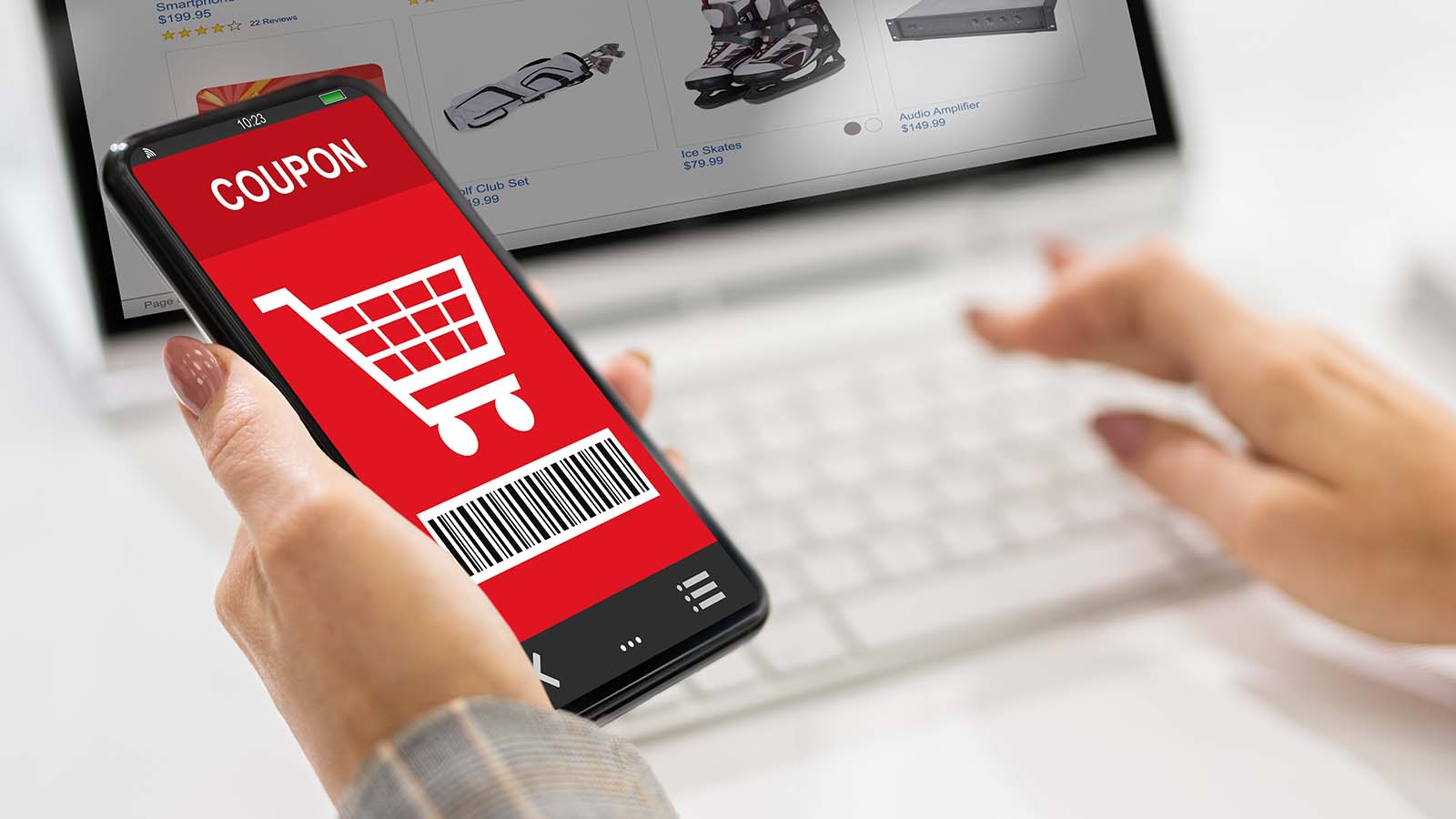
Now that we know how coupons work psychologically and physiologically, it’s easy to see why coupons are such an effective marketing strategy.
Companies use coupons to sell more and gain an edge over competitors. The pros far outweigh the cons of applying this marketing strategy.
Pros
- Generating repeat purchase
- Growing market share faster
- Blocking competitor messaging
- Cementing brand awareness
Cons
Using coupons may lead to decreased revenues and reduced profits
Coupons and promo codes in the casino
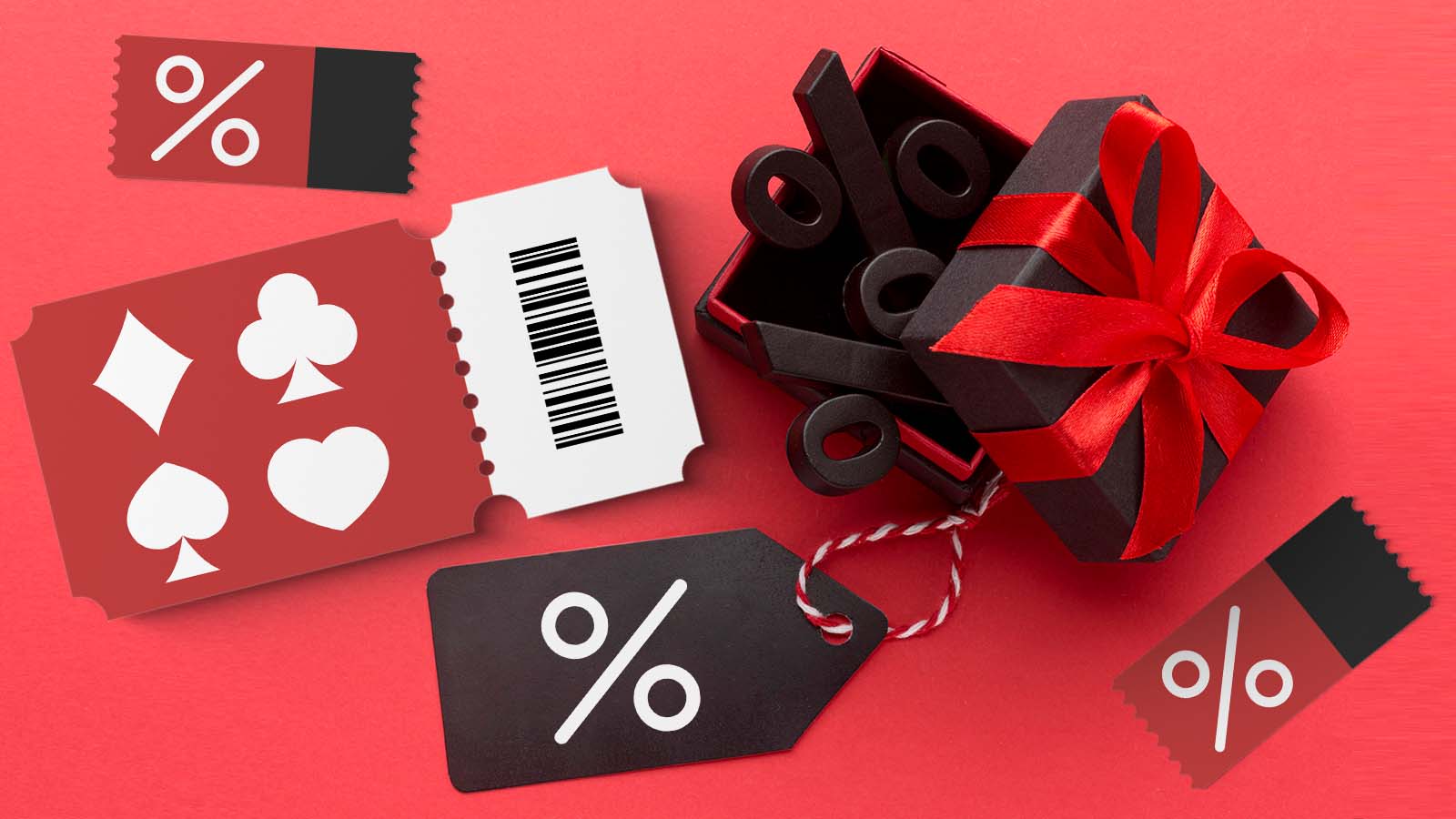
Coupons in the casino were reduced to complimentary items at first. There’s an authentic tradition of land-based casinos giving out free drinks to players.
From the 1980s onwards, comps evolved into more complex loyalty programs to meet the demands of an ever more knowledgeable customer base.
Land-based comps vs online bonuses
Online platforms have introduced a new usage of the decades-old coupon marketing strategy compared to brick-and-mortar casinos.
Casino bonuses have served as a way to popularize online gambling platforms in the detriment of land-based venues. Indeed, they’ve raised up to expectations. In concert with technological advancements, online casinos experienced exponential growth by using them.
Although some land-based casinos offer comps that can be used for playing, these are usually reserved for high rollers. An occasional, low-stake gambler may have to settle with a drink.
On the other hand, new online casinos have become more and more democratic in this regard, giving players of all budgets an equal chance to start wagering on a larger bankroll. This isn’t a one-way road, though, as UK players need to give out their personal details in exchange. While this may raise GDPR concerns, provided you only claim bonuses from UKGC-approved platforms, then there’s no real risk involved.
Are online casino bonuses a form of coupon marketing?
Coupon marketing involves redeeming discounts or other financial benefits. Therefore, online casino bonuses are a form of coupon marketing.
For example, add card free spinss are similar to the original Coke coupon. The link is obvious because:
- They involve no cost for the end-user
- They further brand awareness
- They keep players on the platform and, as such, generate repeat purchases
The latest in online casino coupon marketing: no wagering promo codes
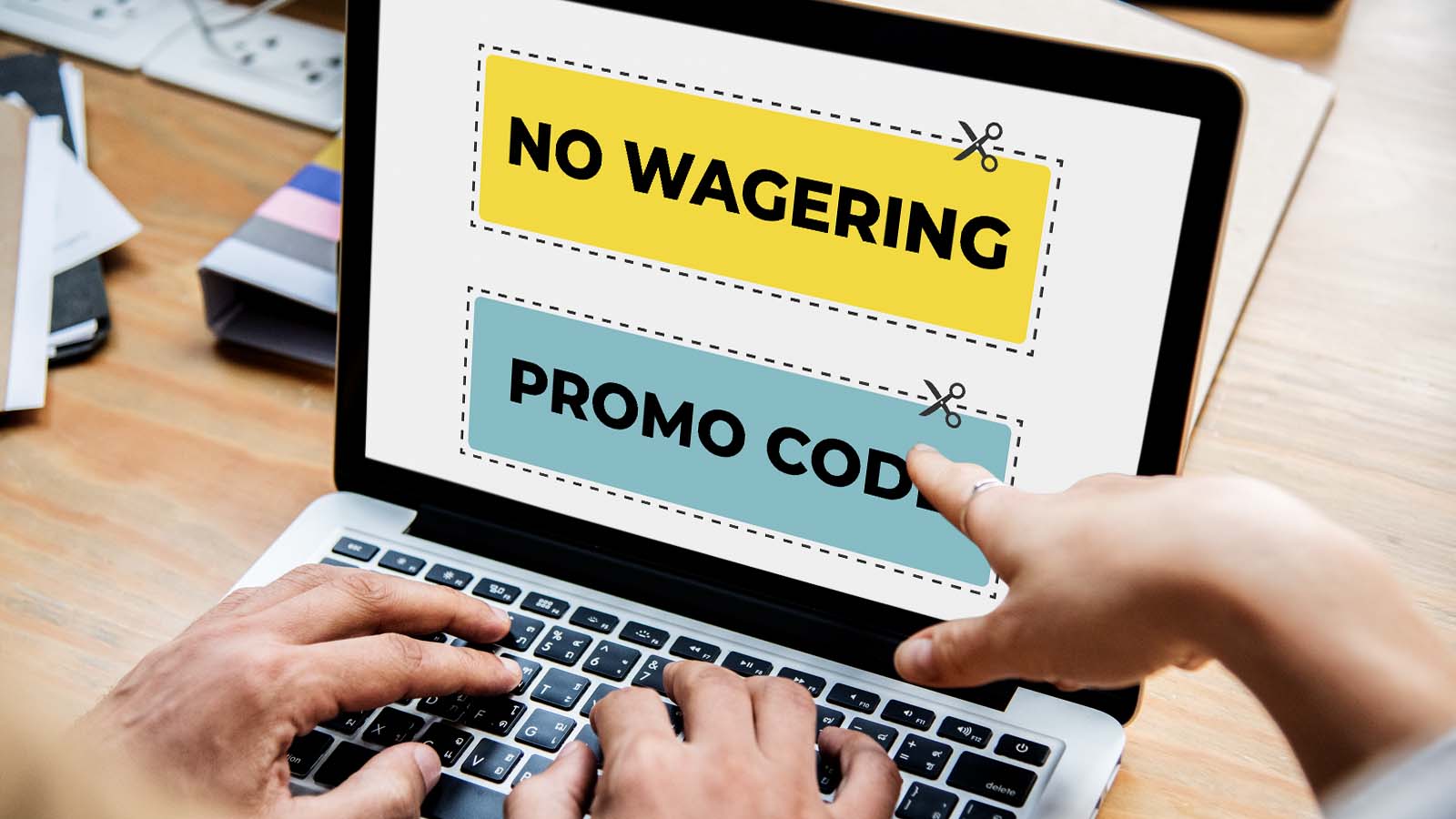
An essential feature of coupons is to block competitors’ business messages. As such, there’s a continual race between competing online casinos to serve UK players with the best promo codes.
That’s the reason behind the recent surge in no wagering bonus. While most bonuses were traditionally tied to wagering requirements, some online casinos have thought to remove these requirements to come across as more generous and dependable.
You don’t have to be a marketing specialist to realize that a regular gambler will always prefer a casino that makes it easier for them to cash out their acquired funds.
Extreme couponing and online gambling
Extreme couponing is a trend that’s likely to have originated in the Great Depression. Still, it was recently reinforced by the 2010 TV show with the same name. The show depicts coupon hunters who go to extreme lengths for discounts and freebies, sometimes even making a living out of this.
The iGaming industry was not sidestepped by this trend
Based on extensive research in online casinos’ Terms and Conditions, we’ve found that the majority of them have certain lines regarding bonus abuse. Usually, this is defined as an intention to gain unfair profits by claiming a promotion.
The link with extreme couponing is clear, although, in real life, most retailers won’t ban you from their stores for hunting discounts.
Although you may claim multiple casino bonuses from different casinos without being labelled a bonus seeker, be aware that casinos from the same network may ban you under certain conditions if they feel you’re abusing the promotional scheme.
Coupon wisdom: Essential takeaways for savvy shoppers
- The first coupon was issued by Coca Cola in 1887, becoming an effective marketing strategy
- Coupon’s effectiveness relies on measurable positive effects on our psychological state
- Companies use coupons to further their brand image and drive market share growth
- Land-based casinos have adapted coupons into customer loyalty programs
- In the online realm, bonuses and promo codes serve the same role as regular coupons
- No wagering offers are the latest form of coupon marketing applied in the iGaming industry
